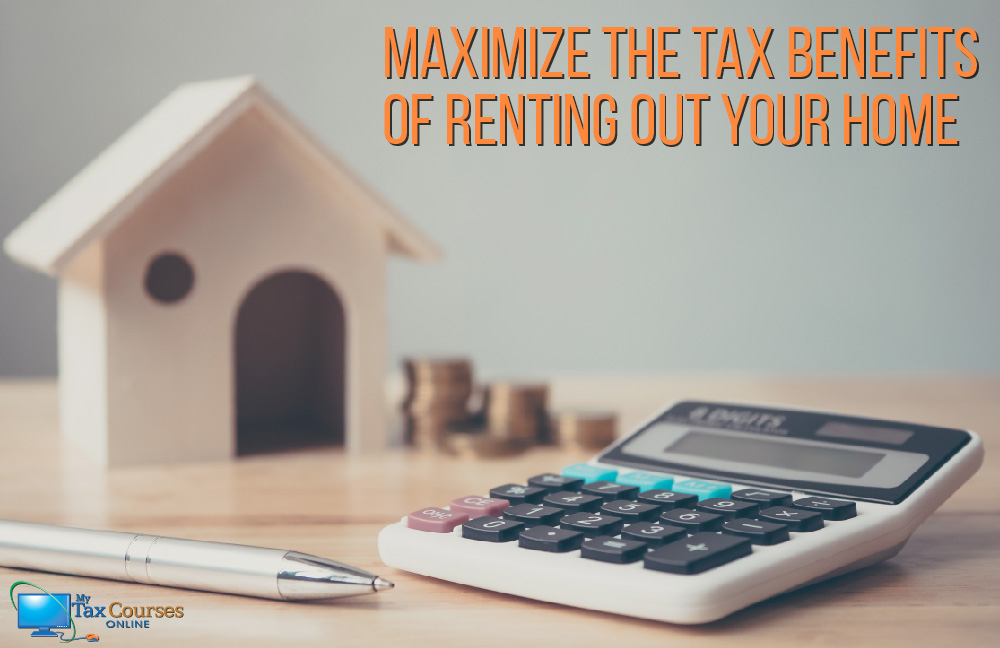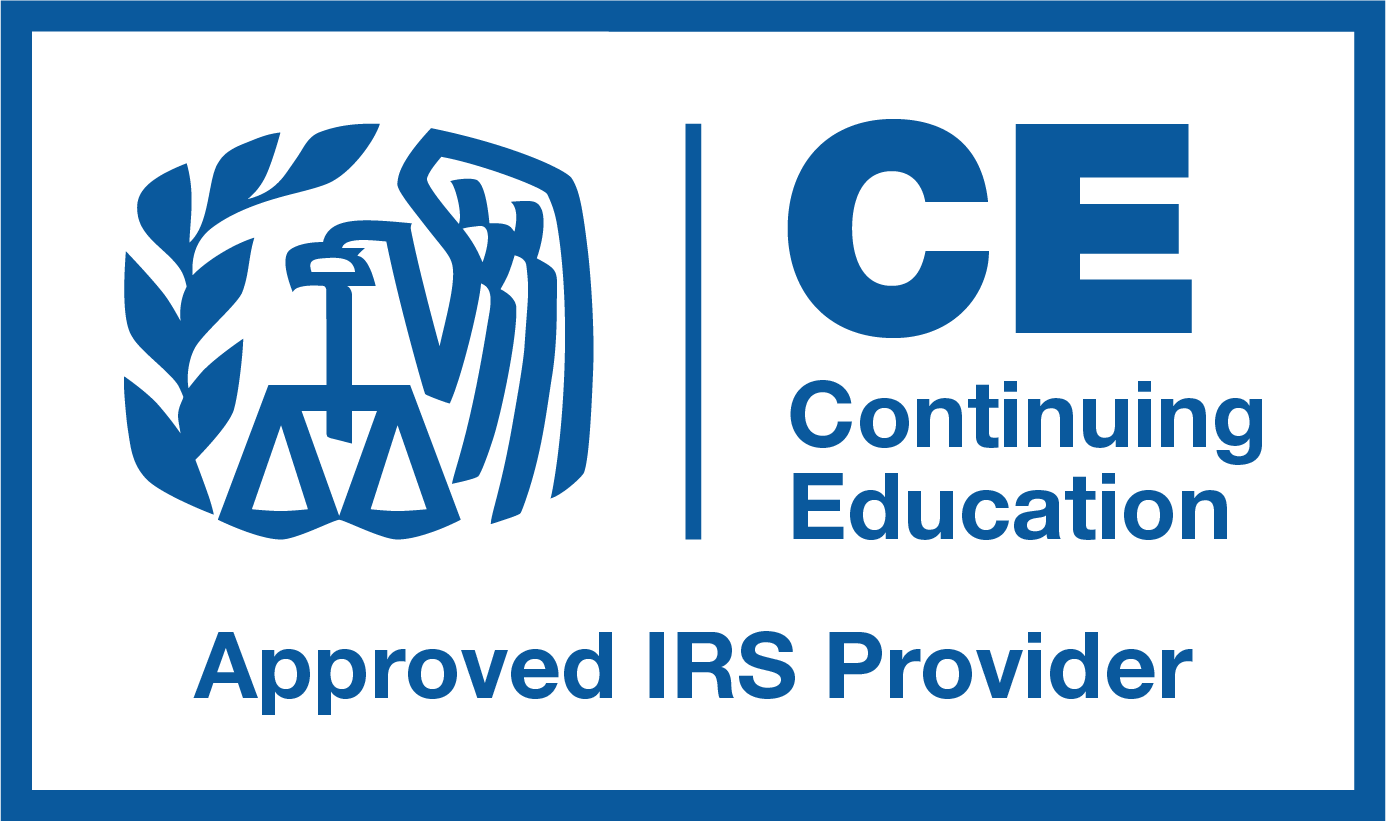Taxpayers who live in a popular tourist destination or who are planning to be out of town for an extended period can enjoy both a steady rental income and tax benefits by renting out their home. Although there have always been some tax breaks available for rental owners, the Tax Cuts and Jobs Act (TCJA) has only enhanced these benefits.
Classifying a Personal Residence as a Rental
When renting out one's own home—rather than a property that's already been designated a rental—complying with the U.S. Tax Code becomes a bit trickier. Currently, if you're living in your home for more than 14 days per year or 10 percent of the total number of days you rent it to others (whichever number is higher), the IRS classifies the property as a residence, which limits the number of rental-related deductions a taxpayer can take.
But on the bright side, if a property owner rents out their home for 14 days (or less) per year, they're not required to report any rental income to the IRS. For homes that rent in the $200 range or higher per night, this means homeowners can collect $2800 or more in tax-free income. But on the other side of that coin, homeowners are also prohibited from deducting any rental-related expenses, like cleaning and repair costs.
Turning a Residence Into a Full-Time Rental
For taxpayers who are more interested in converting their residence into a full-time rental property, careful recordkeeping quickly becomes key. Taxpayers who do so can realize the many benefits of owning a rental property, but must keep meticulous records as to the "who, what, and when" of rental lodging so that they avoid claiming expenses for personal use as rental deductions. All rental income and expenses will then be reported on the taxpayer's Schedule E.









